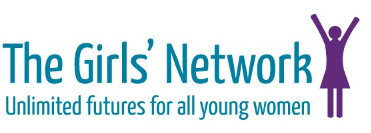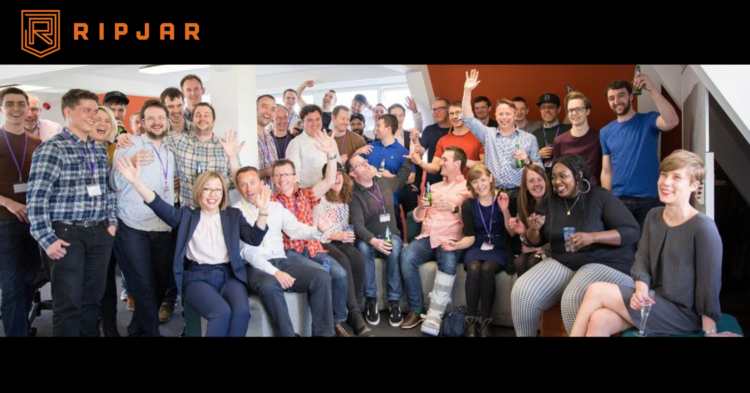Read about her career journey.
What does your role at Ripjar involve?
I’m the Training Lead and Lead Analyst. My background is in intelligence analysis, and I joined Ripjar in that role. We make analytic software, so there are many parts of the business that sometimes need an analyst. For example, as part of developing and testing our analytics, to showcase examples of our software in action, or as part of customer success. Since joining, I have also taken responsibility for managing and delivering training. Being an analyst myself, I understand users’ needs and can answer their more challenging questions! If you’re interested in this field, consider exploring how to become a junior developer: a beginners guide.
What attracted you to the role and the company in the first place?
I was excited by the software platform Ripjar had created. It was very flexible and allowed me to solve analytic problems creatively, rather than being forced to answer pre-canned questions that someone else thought were important.
What does a typical day look like for you?
My days are quite varied. They usually involve delivering some scheduled training, meetings to progress projects I’m working on, and computer time to prepare new training or get my head down and do some analysis for the Data Science or Sales teams. I might answer some user questions that have arrived through the Support emails or jump on a call to help a customer with a difficult analytic problem. Often there’s also something totally different like a meeting of our internal Diversity group, an external speaker event, or a team social gathering to keep things interesting.
What emerging technologies or trends are you most excited by?

I’m excited to see the emergence of green technologies. Although we all have an individual responsibility to reduce our impact on the environment by reducing our consumption, ultimately this problem is going to be solved by businesses. It’s great to see the desire to gain traction with the public, and therefore with industry. We commonly think of technology as being at odds with nature, but in the end, it might be its savior.
Can you tell us more about your involvement with The Girls’ Network? What prompted you to get involved?

The Girls’ Network pairs up a mentor and mentee for a year-long program. They work together to identify which school or career goals the mentee wants to address and meet regularly to progress those. I have had a lot of opportunities in my life, but have also experienced challenges, for example as a woman and someone with dyslexia. Having learned a lot about coping with these, I wanted to help someone else turn their difficulties into strengths as I did.
What do you think companies can be doing to help drive better female representation in tech?
As well as focusing on recruitment, companies also need to devote attention to supporting female progression and retention in the sector. Having more women at the middle and top of the career ladder will help draw more women in at the bottom.
What would you say to girls or women considering a career in tech, but hesitating?

You’re better than you think, and it’s not as hard as you think. A lot of people like to make their job sound really clever, but jobs in the tech sector are no more difficult than those in other industries. It’s not all rocket science!
What’s the best piece of career advice you’ve ever received?
Your job isn’t to do the tasks you’re assigned, it’s to achieve the required ends. How you do it is up to you, and the moment you embrace that freedom is when you’ll enjoy your job the most and achieve the most.
There is a lot of help and information available out there, from school or college careers services to government career pages, to older people in your life – but in the end, your career is your responsibility, and you need to be proactive with it.
How does Ripjar currently promote diversity and inclusion? Are you involved in any of these initiatives?

Diversity and Inclusion is one of Ripjar’s key priorities for 2021.
We are growing very fast, with D&I at the absolute heart of our recruitment strategy. We have a target to recruit 25% from underrepresented groups and prioritise working with recruitment agencies that specialise in diversity.
These initiatives are headed by our People Operations Team, but they are adamant that these changes must involve everyone and encourage active participation throughout the organisation.
I’ve been involved in various events such as careers fairs, and act as a representative for my department in our D&I steering group which has been created to gather feedback and ideas from across the company. We want to harness the benefit of the diversity of experience and thought already available and bring everyone with us on this journey.








